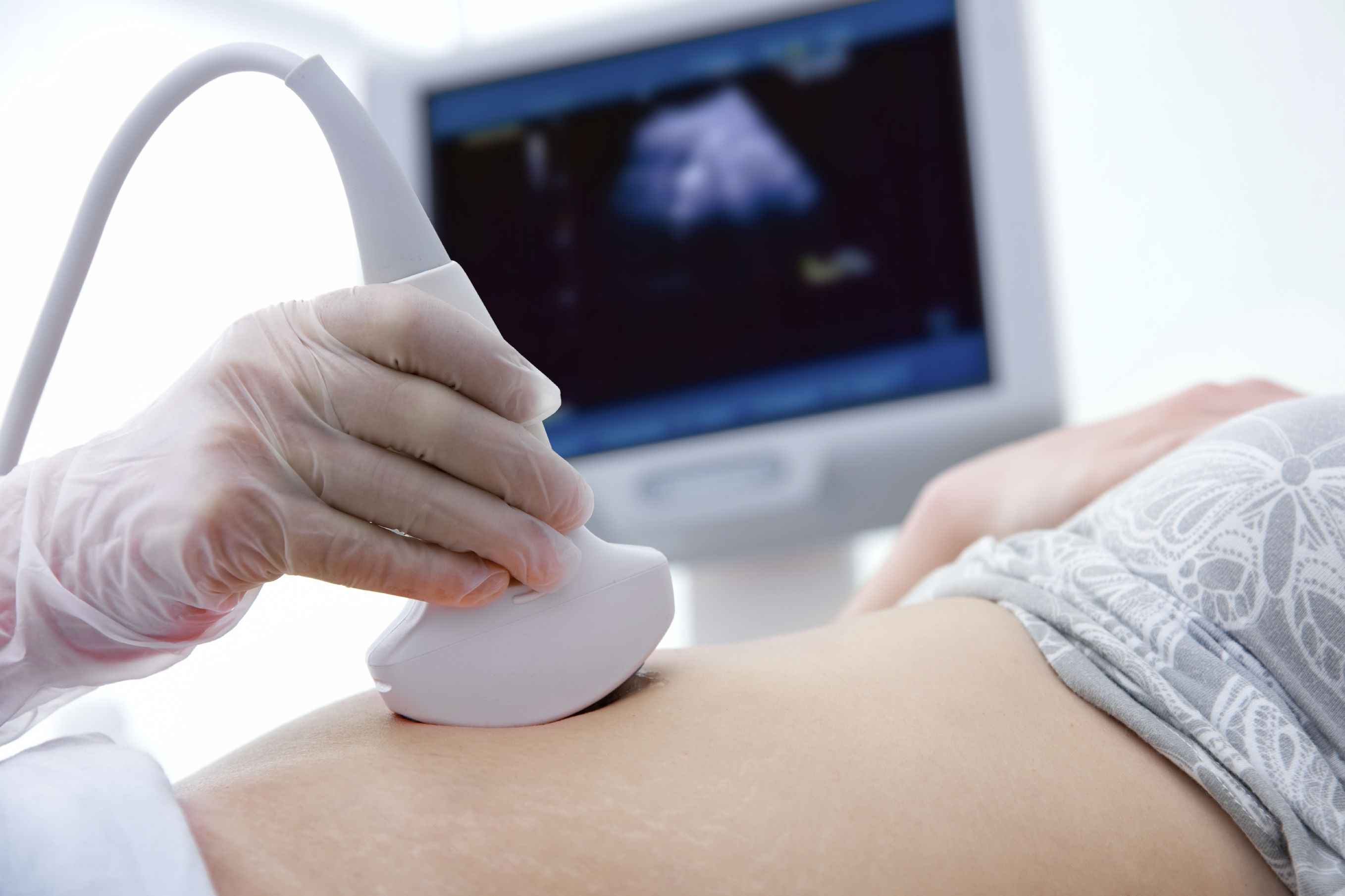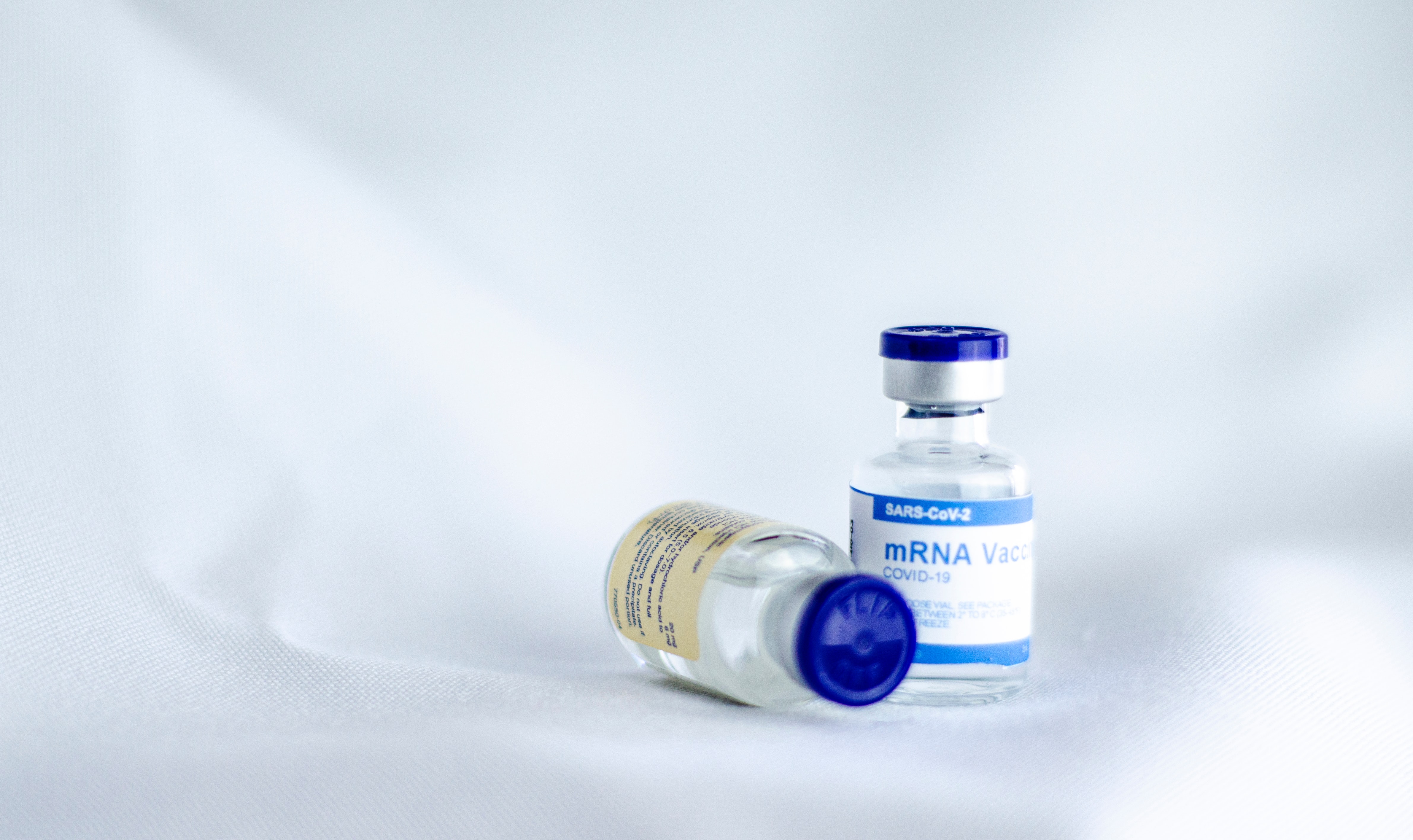COVID-19 Data Update

In the first and second waves of the COVID-19 pandemic, pregnant individuals in Ontario and across Canada had higher rates of hospitalization and intensive care unit (ICU) admission relative to non-pregnant individuals of similar age. A higher rate of preterm birth was also observed among infected vs. non-infected pregnant individuals. However, in this third wave in which infection rates among younger people are higher and the variants of concern are predominant in many regions, care providers in conjunction with the media have reported worsening consequences for pregnant individuals infected with the SARS-CoV-2 virus.

The Society of Obstetricians and Gynaecologists of Canada (SOGC) estimated that approximately 1 in 10 pregnant individuals would require hospital admission and 1 in 100 would require intensive care following their infection[1]. These numbers are likely to be even higher for those with co-morbidities. The SOGC has advocated that vaccination of pregnant individuals be a priority. Starting on April 23, 2021, pregnant individuals in Ontario were prioritized for COVID-19 vaccines.
Numbers to Know
BORN is updating some important numbers relevant for care providers and health policy makers:
84,500 - Approximate number of currently pregnant individuals in Ontario with a due date after April 1, 2021.
1,403 - Cumulative total of laboratory-confirmed positive cases of SARS-CoV-2 infection in pregnant individuals reported in Ontario between March 1, 2020 and March 31, 2021. Seventy-three had a COVID-19 related hospitalization and 13 were admitted to ICU.
- Of the 1403 confirmed cases, 792 have given birth at ≥20 weeks of gestational age:
- 785 (99.1%) of these births were live births.
- 11.2% of live births to individuals who had SARS-CoV-2 infection prior to 37 weeks’ gestation were born preterm (before 37 weeks of gestation); for comparison, the incidence of preterm birth in Ontario was 8.3% in fiscal year 2018/2019.
- The incidence of stillbirth among these births was 8.8 per 1000 births; for comparison, the incidence of stillbirth in Ontario was 4.7 per 1000 births in fiscal year 2018/2019, however, note that the absolute number of stillbirth events reported in SARS-CoV-2 infected individuals is very low (7 stillbirths) and the incidence should be interpreted cautiously.
- 15.9% of newborns born to mothers with SARS-CoV-2 infection were admitted to a neonatal intensive care unit (NICU); for comparison, the rate of NICU admission in Ontario was 13.2% in fiscal year 2018/2019.
BORN started a special data collection in March of 2020 to capture COVID-19 information submitted by hospitals and midwifery practice groups. This information is linked with the pregnancy and birth records in the BORN Information System. To date, BORN has received 514 case reports. It is not surprising that this number is different from the 1403 laboratory-confirmed cases – many of these pregnant individuals are early in pregnancy and may not have presented to a hospital yet for care or birth. These data are also shared with the national network (CANCOVID-Preg)
Nationally, 4631 cases of SARS-CoV-2 infection have been reported in pregnant individuals. However, this is known to be underreported due to some provinces not fully participating in the CANCOVID-Preg Network. Additional clinical data on 2824 cases (including cases from Ontario) from March 1, 2020 to December 31, 2020 are also available.
Ongoing BORN and PSO activities related to COVID-19

Updating the Public: Prenatal Screening Ontario (PSO) updated their website with resources and videos for pregnant individuals. They have collected short video messages from prenatal care providers in 11 languages (and growing) about the importance of vaccination for pregnant people. Now that pregnant people are prioritized for vaccination, PSO will begin to promote these videos, aiming for wide distribution.

The OMama website and app were updated: Coronavirus disease (COVID-19) - OMama. On the app, the COVID page will float to the top of the screen, no matter where the user is in their pregnancy journey.

Ongoing screening service adjustments: Since the first wave of the pandemic, PSO has worked with the Ministry of Health (MOH) to ensure that high-quality prenatal screening services remain available to pregnant individuals. An adjusted screening algorithm has been in place since April 2020, and remains in effect until June 30, 2021 at the earliest. PSO continuously monitors screening uptake under the temporary algorithm, providing feedback to the MOH on a regular basis.

Surveillance: Collecting, analyzing, and disseminating information on SARS-CoV-2 infection in pregnancy collected from hospitals and midwifery practice groups. The information is used to help provincial networks develop clinical practice guidelines, help government with health policy decisions and support national surveillance by the CANCOVID-Preg Network.

Research: Ongoing research includes:
1) Assessment of health system level changes associated with the COVID-19 pandemic in Ontario. BORN, in conjunction with its Maternal-Newborn Outcomes Committee is evaluating how obstetrical practices and outcomes have changed during the pandemic. This analysis is ongoing.
2) Assessment of pregnancy outcomes among those with SARS-CoV-2 infection during pregnancy, compared with unaffected pregnancies. This analysis is ongoing.

Vaccination: BORN will soon be receiving monthly transfers of data from the COVaxON Registry at the MOH of all biological females aged 15-45 years at the time of vaccination. We will assess the number of pregnant individuals vaccinated over time and describe characteristics associated with vaccination in pregnancy.
As data accumulate, we will also evaluate pregnancy and birth outcomes, evaluate vaccine effectiveness in pregnancy, as well as assemble a cohort for future research activities involving long-term follow up of mothers and infants.
BORN will be conducting these evaluations in collaboration with external experts in obstetrics, epidemiology, vaccine evaluation and public health.
Contact Us
BORN Ontario
401 Smyth Rd
Ottawa, ON K1H 8L1
Help Desk
BIS · CARTR Plus · MIS · NTQA
FAQ · Email Us
1-855-881-BORN (2676)
Sign up for our Newsletter
Stay up-to-date on BORN Ontario news by subscribing to our newsletter.
Frequently Asked Questions
Help Desk
BIS · CARTR Plus · MIS · NTQA
Need help? We're here for you.
Check our FAQ · Email us
Call toll-free: 1-855-881-BORN (2676)




